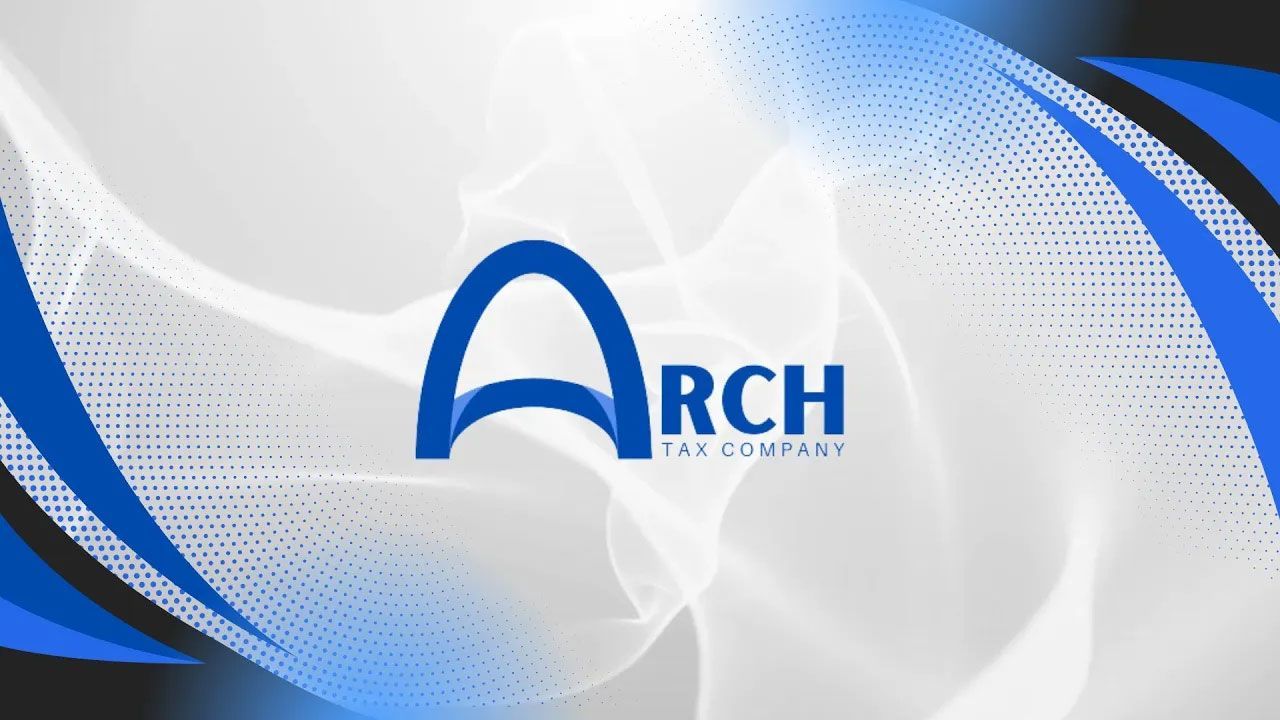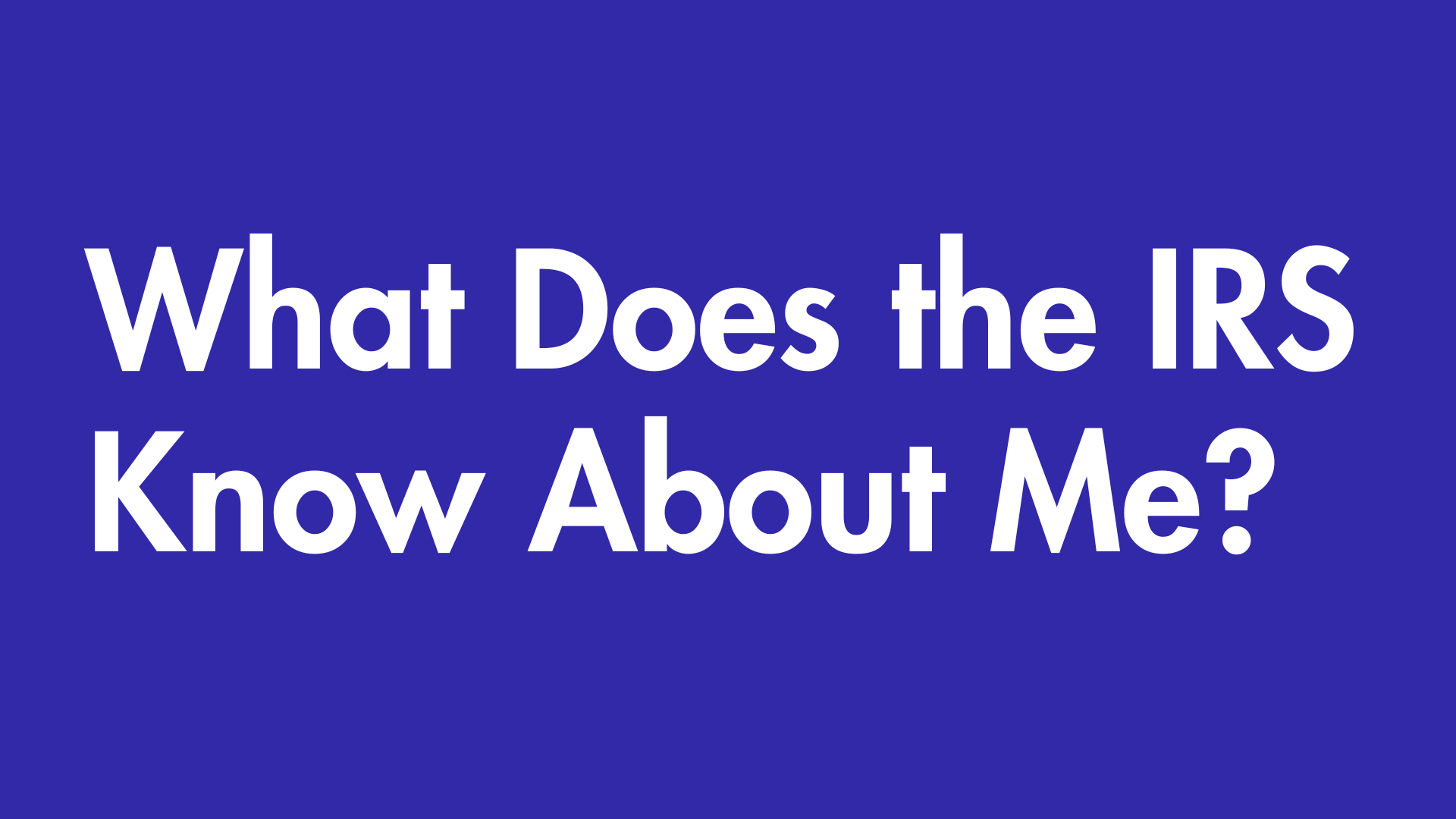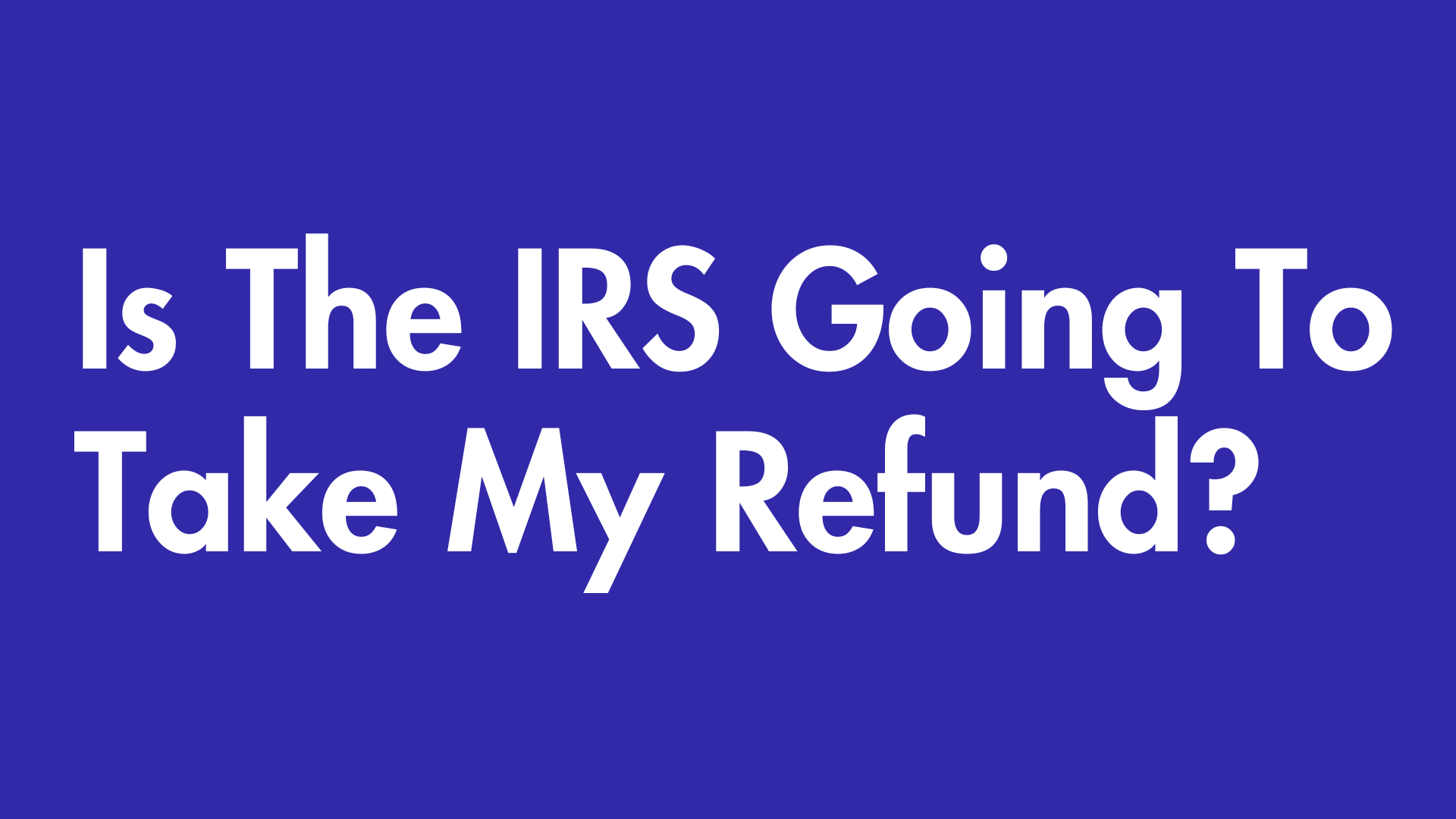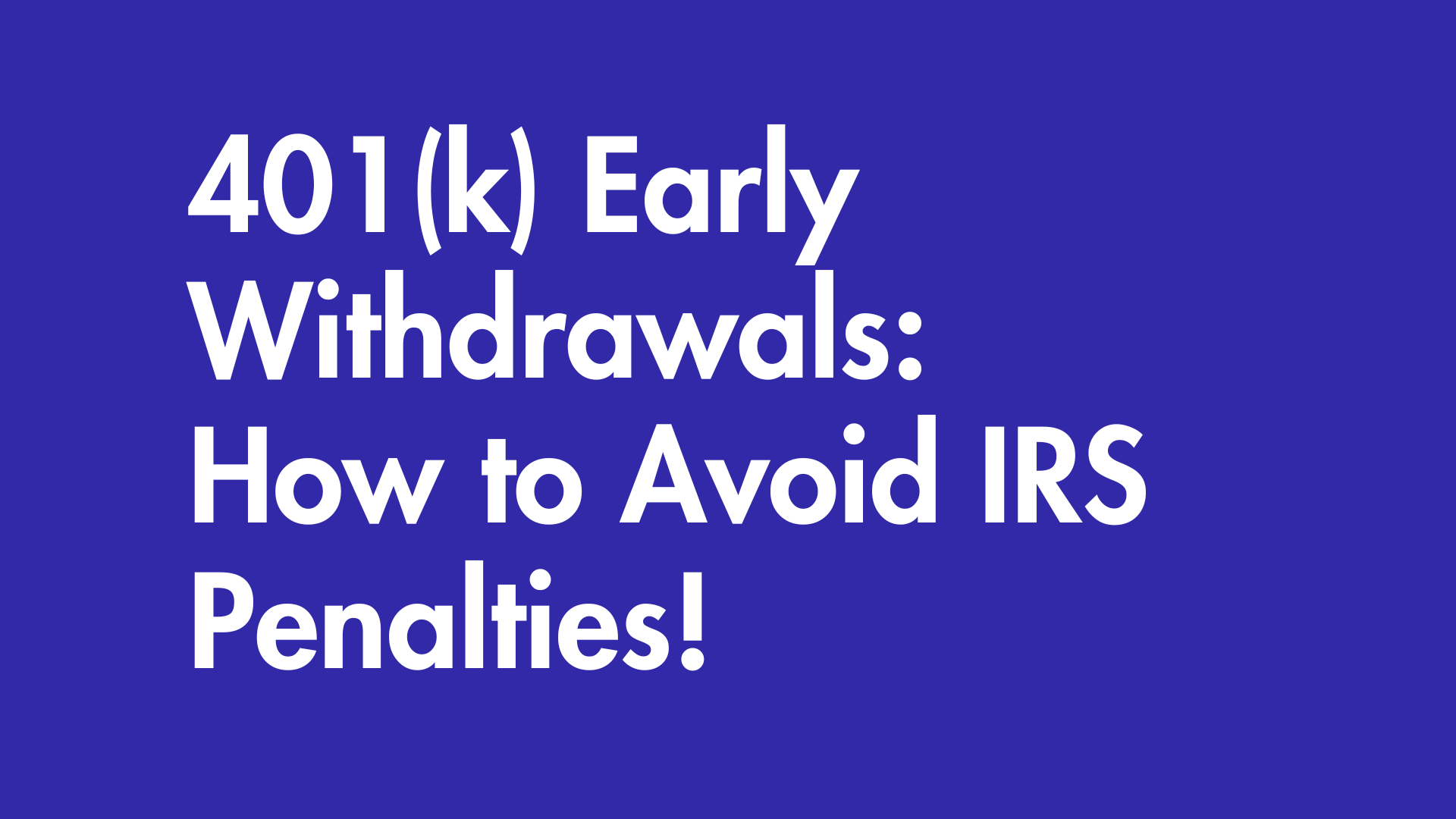Myth vs. Reality: Debunking Common Misconceptions About Tax Resolution
Myth 1: Tax Resolution Companies Can Make Your Debt Disappear
Many believe tax resolution companies promise to erase their tax debt entirely. Unfortunately, this unrealistic expectation often leads to disappointment.
Reality: Tax resolution companies work to negotiate with the IRS on your behalf. While programs like Offers in Compromise can reduce your tax debt, they are only approved for taxpayers who meet strict qualifications. A reputable company will help you explore all options, whether it’s a settlement, installment plan, or penalty abatement, but eliminating your debt entirely is unlikely unless you qualify for specific hardship programs.
Myth 2: I Can’t Negotiate with the IRS on My Own
It’s a common belief that the IRS won’t work with individuals, leading many to feel helpless when facing tax debt.
Reality: You can negotiate with the IRS on your own. However, the process can be complex, involving legal terminology, deadlines, and specific documentation. Tax resolution professionals have the expertise to handle these intricacies, often securing better results than individuals. They understand how the IRS operates and can prevent costly mistakes. If you do opt to do it on your own, check out our Do It Yourself program. We will guide you along the process.
Myth 3: All Tax Resolution Companies Are Scams
Horror stories of unscrupulous companies give the industry a bad reputation, leading some to distrust all tax resolution services.
Reality: Not all tax resolution companies are created equal, but many are staffed by licensed professionals like CPAs, enrolled agents, and tax attorneys who adhere to strict ethical standards. To protect yourself, research a company’s credentials, read reviews, and verify their standing with organizations like the Better Business Bureau. Reputable companies provide clear expectations and deliver on their promises.
Myth 4: I’ll Lose My House If I Owe the IRS
Fear of losing one’s home is one of the most common misconceptions surrounding IRS debt.
Reality: While the IRS can place a lien on your property as a way to secure payment, they rarely seize homes. Property seizures are typically a last resort and occur in extreme cases when other collection efforts have failed. Working with a tax resolution company ensures your rights are protected, and your assets are handled carefully during the resolution process.
Myth 5: The IRS Has Unlimited Power to Collect Taxes
The idea that the IRS can take whatever they want, whenever they want, is a common fear among taxpayers.
Reality: The IRS is powerful, but their collection authority is limited by laws and procedures. For instance, the IRS must provide written notice before taking any collection action, and taxpayers have rights to appeals and hearings. Additionally, there is a statute of limitations—typically 10 years—for the IRS to collect on a tax debt. Understanding these limits can ease fears and empower taxpayers.
Myth 6: You Have to Pay Your Full Debt Immediately or Face Jail Time
The threat of jail time is a common misconception that makes tax debt even more frightening.
Reality: Owing taxes is not a crime. Jail time is reserved for serious offenses like tax fraud or evasion, not for unpaid tax bills. The IRS offers multiple payment options, including installment agreements and hardship deferrals, to help taxpayers manage their debt over time. The key is to address the issue promptly rather than ignoring it.
We Are Here To Help?
Facing tax debt can be overwhelming, but you don’t have to go through it alone. Our team of experienced tax professionals is here to guide you every step of the way. We ensure transparency of the entire process and we even wrote the book on Do It Yourself tax resolution.
Schedule your free consultation today









